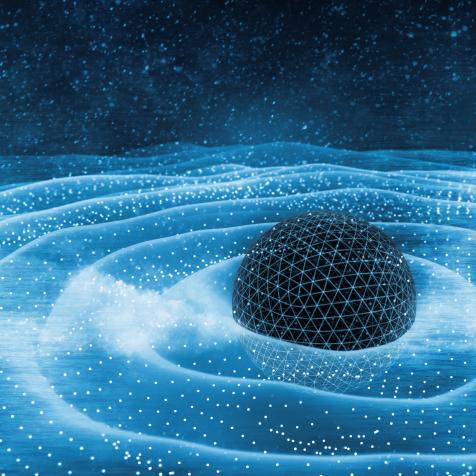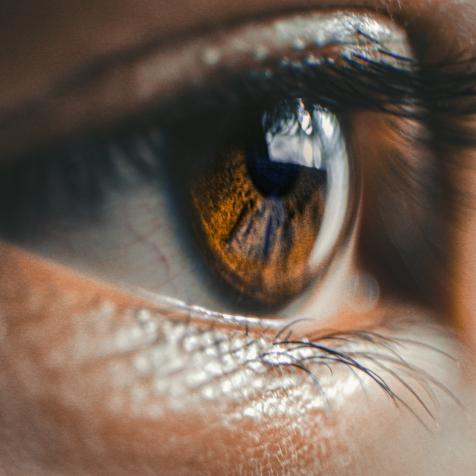
Curiosity Daily Podcast: Meteorite Hunting with The Aquarius Project, Roommate Drama In Space, and Language Based On Senses
Learn why scientists are worried about roommate drama in space and why your most important sense depends on the language you speak. Plus, Adler Planetarium’s Aubrey Henretty and Chris Bresky discuss The Aquarius Project, a teen-driven underwater ROV meteorite hunt led by experts from the Adler Planetarium, the Shedd Aquarium, The Field Museum, and NASA.
Episode Show Notes:
Please support our sponsors! Visit movaglobes.com/curiosity and use coupon code CURIOSITY for 15% off your purchase.
In this podcast, Cody Gough and Ashley Hamer discuss the following stories from Curiosity.com to help you get smarter and learn something new in just a few minutes:
- To Make Space Travel Successful, Scientists Will Have to Solve for Roommate Drama — https://curiosity.im/2Sh8LVS
- Your Most Important Sense Depends on the Language You Speak — https://curiosity.im/2Sl6Yzf
More from The Aquarius Project and Adler Planetarium:
- The Aquarius Project Official Website — https://www.adlerplanetarium.org/education/far-horizons/the-aquarius-project/
- The Aquarius Project Podcast — https://www.adlerplanetarium.org/education/far-horizons/aquarius-project-podcast/
- Listen on SoundCloud — https://soundcloud.com/aquariusproject/
- Listen on Apple Podcasts — https://itunes.apple.com/us/podcast/aquarius-project-podcast/id1398479980
- Listen on Stitcher — https://www.stitcher.com/podcast/adler-planetarium/aquarius-project-podcast?refid=stpr
- Subscribe to The Aquarius Project Podcast Email Updates — https://www.adlerplanetarium.org/aquarius-project-podcast-email-subscription/
- Adler Teen Programs Email Sign-Up — http://bit.ly/adleremailform
- Adler Planetarium on Facebook — https://www.facebook.com/adlerplanetarium
- @AdlerPlanet on Twitter — https://twitter.com/adlerplanet
- @AdlerPlanet on Instagram — https://www.instagram.com/adlerplanet/
If you love our show and you're interested in hearing full-length interviews, then please consider supporting us on Patreon. You'll get exclusive episodes and access to our archives as soon as you become a Patron! https://www.patreon.com/curiositydotcom
Learn about these topics and more on Curiosity.com, and download our 5-star app for Android and iOS. Then, join the conversation on Facebook, Twitter, and Instagram. Plus: Amazon smart speaker users, enable our Alexa Flash Briefing to learn something new in just a few minutes every day!
See omnystudio.com/listener for privacy information.



















